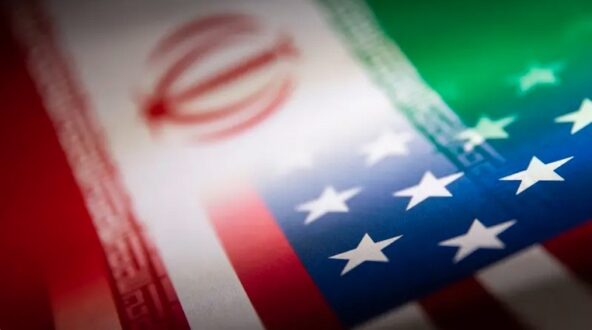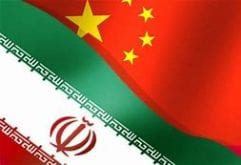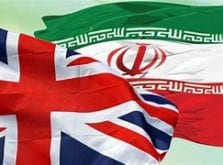iranintl – A former IRGC general says the revolutionary guards knew about the plans to seize the US Embassy in Tehran two days before the attack on the compound in 1979.
Mohsen Rafighdoost was in charge of the Revolutionary Guard’s Logistics when he says he was told that a group of students were going to storm the US embassy in Tehran in November 1979, some 10 months after the Islamic revolution that ousted Shah Mohammad Reza Pahlavi.
Rafighdoost told Didban Iran website in Tehran Thursday that the IRGC had a part in “organizing the attack on the US Embassy,” and added, “Along with Mohsen Rezaei, who was in charge of the IRGC’s Intelligence Unit, I went to a briefing session. Mohsen Mirdamadi, [one of the student leaders] and Hassan Lahouti who was in charge of the Islamic Revolution Committees [a militia organization that did the job of the police, which was disbanded after the revolution] were also present at the meeting.”
The statement made by Rafighdoost effectively refuted the claim that the attack on the embassy was a revolutionary attempt by students with no link to the government. Rafighdoost’s next comment is truly incriminating: “I was told at the meeting that I was required to help the takeover of the embassy. Subsequently I put some facilities at the students’ disposal.”
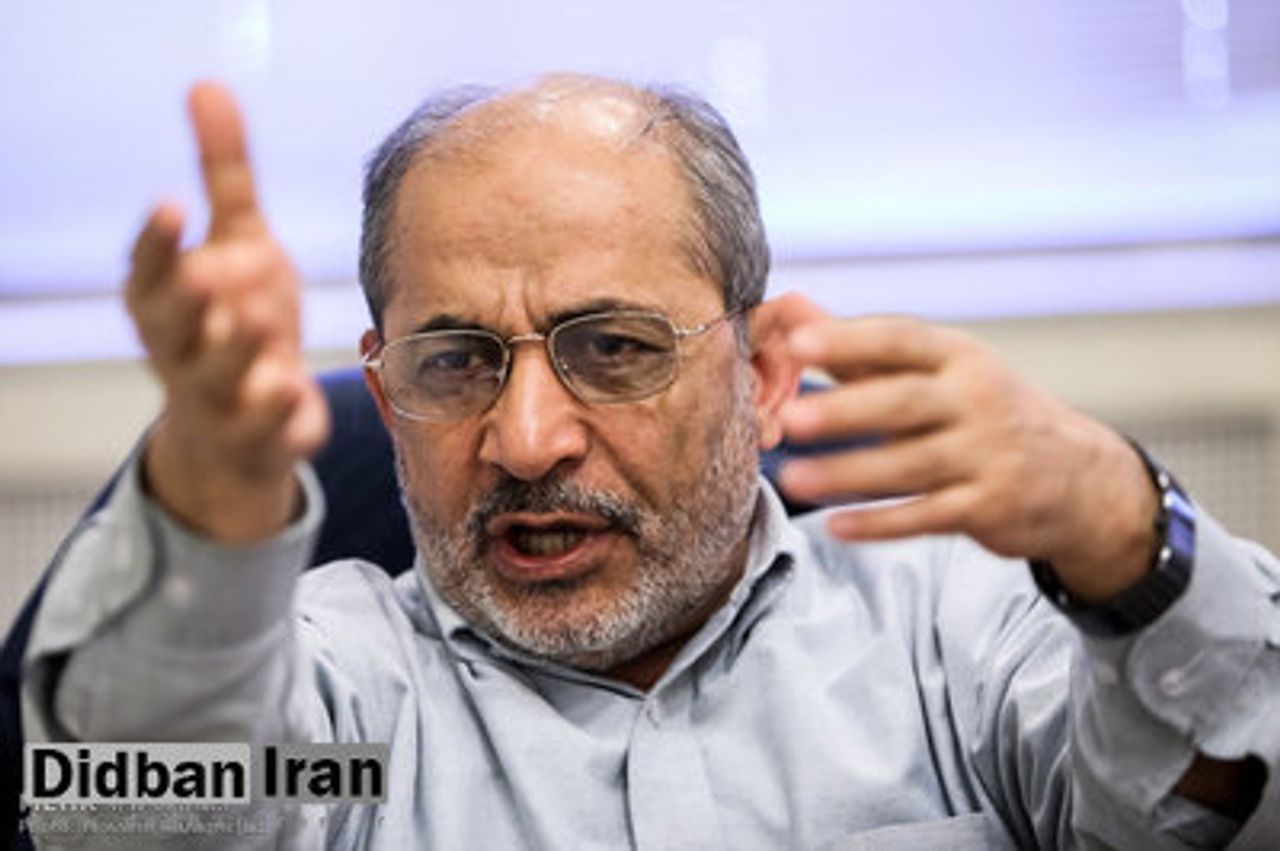
Mohsen Rafighdoost, former IRGC official
This reveals that the IRGC was involved in planning, organizing and providing the logistics for the attack on the embassy. The students stormed the embassy and took 54 US diplomats hostage for 444 days, demanding, among other things, that the Shah of Iran who was being treated for terminal cancer in the United States be handed over to the revolutionary government in Tehran for a trial that would have most certainly led to his execution, judging by how the new regime treated the Shah’s generals, ministers and many others.
Rafighdoost, who was a pedlar at the Tehran fruit market before the revolution, was the man who drove Ayatollah Rouhollah Khomeini from the Tehran airport to Behesht-e Zahra cemetery where he gave his famous speech during which he promised that free transportation, electricity, water and gas would be provided to the nation. A promise that was never kept.
His reward for the service was the job at the IRGC, which he kept for two years, before he was appointed as the Minister of IRGC [1982-1988] without any education and military background. He was equally unqualified when he later became the head of Mostazafan Foundation [Foundation for the oppressed], which had just confiscated billions of dollars of the nation’s wealth without any checks and balances. He is now back to the bazaar once again, albeit as a tycoon. However, he maintains his position as one of the trustees of the foundation.
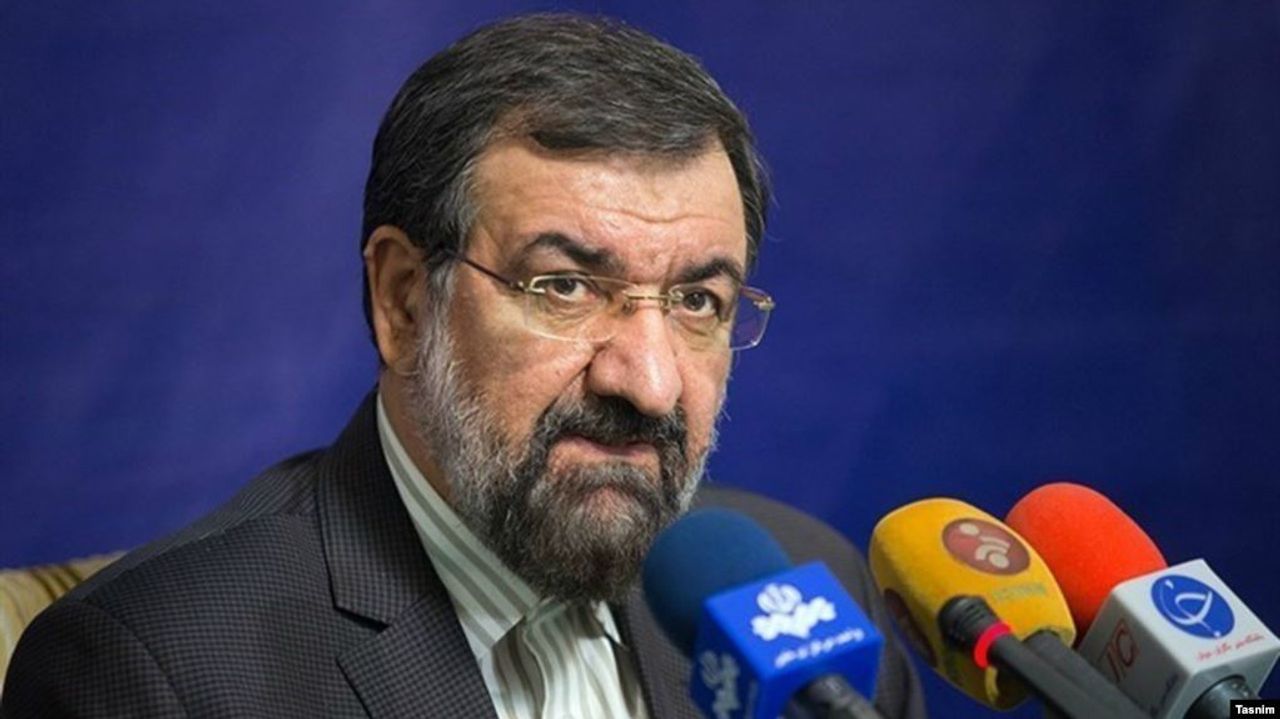
Mohsen Rezaei, former commander of the Revolutionary Guard
As regards others at the meeting, Mohsen Rezaei was appointed the commander in chief of the IRGC, again with minimal educational background and absolutely no military training. Mohsen Mirdamadi later became a lawmaker and a deputy speaker of the parliament who is currently alienated from the government for leading a mutiny at the parliament in the 2004 against Khamenei’s despotic rule. Lahouti, a cleric who had spent most of his life in jail under the Shah, was killed in prison according to his family members, but the government claims that he committed suicide after he was arrested and jailed for his son’s membership at the opposition Mojahedin-e Khalq Organization.
During the time the students held US diplomats hostage, they published a series of often fabricated documents to tarnish the image of Khomeini’s critics and political rivals. Iran’s current ruler Ali Khamenei has repeatedly called for including the contents of those “documents” in school textbooks. When Iran finally released the hostages in January 1981, the hostage-takers were given important posts at the Foreign Ministry [Hossein Sheikholeslam], the Police [Police Chief Reza Saifollahi] and other government ministries. Dozens of them became lawmakers (2000-2004) under the reformist government of Mohammad Khatami.
 Shabtabnews In this dark night, I have lost my way – Arise from a corner, oh you the star of guidance.
Shabtabnews In this dark night, I have lost my way – Arise from a corner, oh you the star of guidance.
